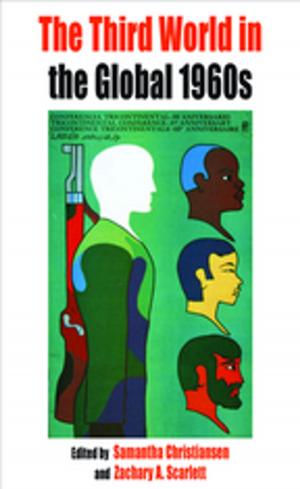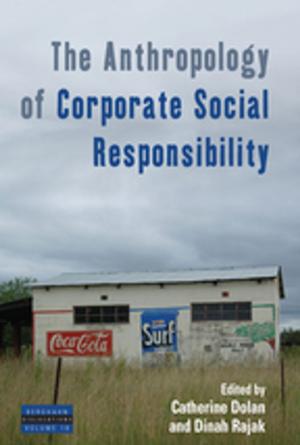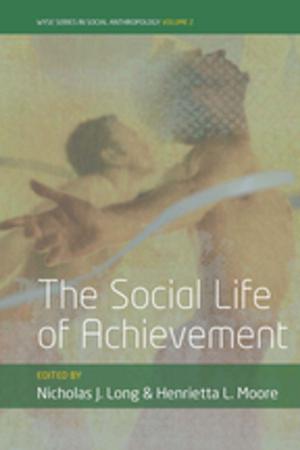European Kinship in the Age of Biotechnology
Nonfiction, Social & Cultural Studies, Social Science, Anthropology| Author: | ISBN: | 9781845458928 | |
| Publisher: | Berghahn Books | Publication: | March 1, 2009 |
| Imprint: | Berghahn Books | Language: | English |
| Author: | |
| ISBN: | 9781845458928 |
| Publisher: | Berghahn Books |
| Publication: | March 1, 2009 |
| Imprint: | Berghahn Books |
| Language: | English |
Interest in the study of kinship, a key area of anthropological enquiry, has recently reemerged. Dubbed ‘the new kinship’, this interest was stimulated by the ‘new genetics’ and revived interest in kinship and family patterns. This volume investigates the impact of biotechnology on contemporary understandings of kinship, of family and ‘belonging’ in a variety of European settings and reveals similarities and differences in how kinship is conceived. What constitutes kinship for different publics? How significant are biogenetic links? What does family resemblance tell us? Why is genetically modified food an issue? Are ‘genes’ and ‘blood’ interchangeable? It has been argued that the recent prominence of genetic science and genetic technologies has resulted in a ‘geneticization’ of social life; the ethnographic examples presented here do show shifts occurring in notions of ‘nature’ and of what is ‘natural’. But, they also illustrate the complexity of contemporary kinship thinking in Europe and the continued interconnectedness of biological and sociological understandings of relatedness and the relationship between nature and nurture.
Interest in the study of kinship, a key area of anthropological enquiry, has recently reemerged. Dubbed ‘the new kinship’, this interest was stimulated by the ‘new genetics’ and revived interest in kinship and family patterns. This volume investigates the impact of biotechnology on contemporary understandings of kinship, of family and ‘belonging’ in a variety of European settings and reveals similarities and differences in how kinship is conceived. What constitutes kinship for different publics? How significant are biogenetic links? What does family resemblance tell us? Why is genetically modified food an issue? Are ‘genes’ and ‘blood’ interchangeable? It has been argued that the recent prominence of genetic science and genetic technologies has resulted in a ‘geneticization’ of social life; the ethnographic examples presented here do show shifts occurring in notions of ‘nature’ and of what is ‘natural’. But, they also illustrate the complexity of contemporary kinship thinking in Europe and the continued interconnectedness of biological and sociological understandings of relatedness and the relationship between nature and nurture.















